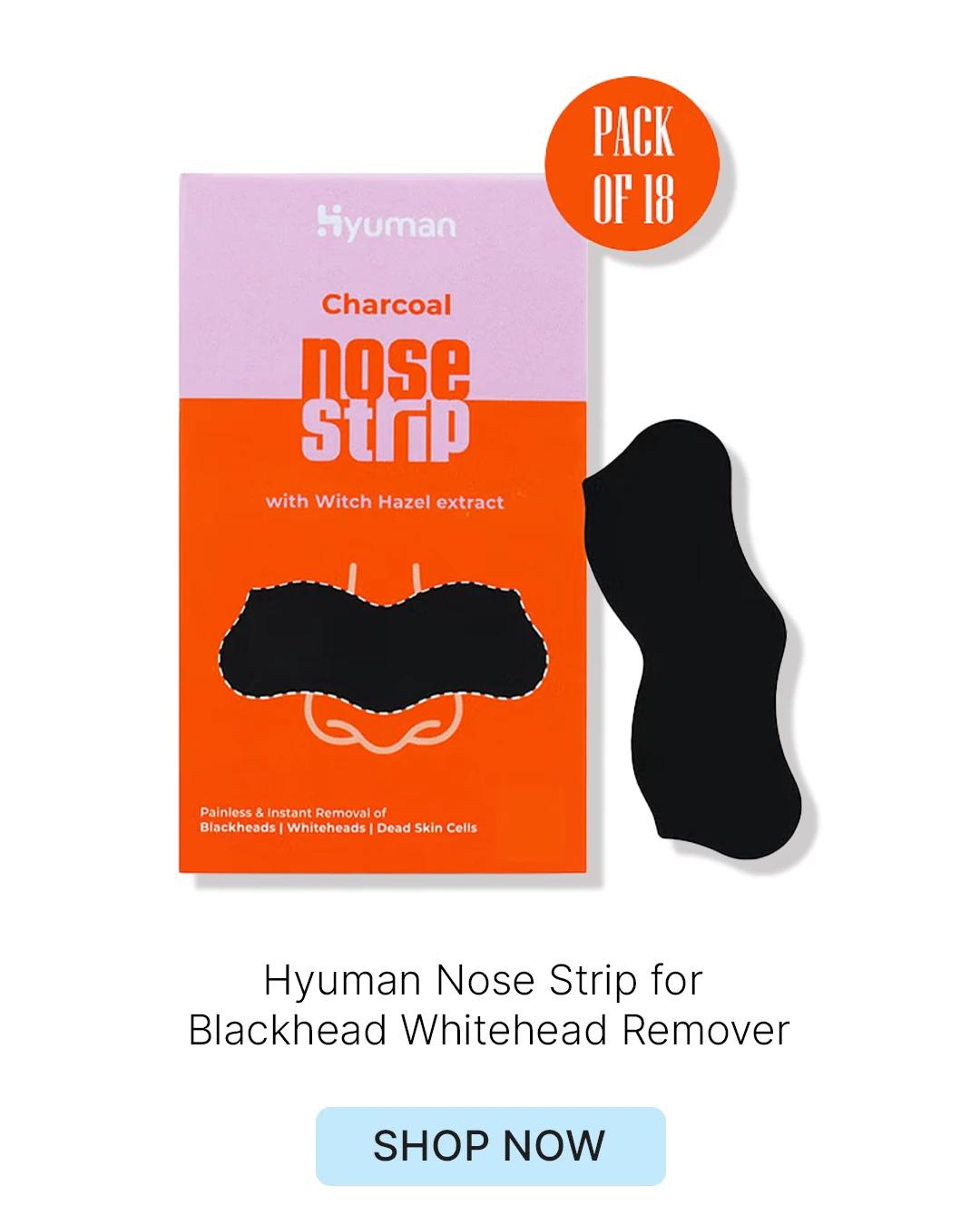Charcoal masks can help remove existing blackheads, but they won't prevent new ones from forming. Regular use as part of your skincare routine can help keep them under control, but permanent removal isn't realistic.
Are charcoal face masks suitable for all skin types?
Most skin types can benefit from charcoal masks, but those with very dry or sensitive skin should use them less frequently. Combination and oily skin types typically see the best results from these oil-absorbing treatments.
How long does it take to see results from using charcoal face masks?
You might notice cleaner-looking pores immediately after use, but consistent improvements usually appear after 2-3 weeks of regular application. Your skin needs time to adjust and respond to the deep cleansing treatment.
Can I use a charcoal face mask every day?
Daily use isn't recommended as it can over-dry your skin and cause irritation. Stick to 1-2 times per week for best results without compromising your skin barrier.
Are there any alternatives to charcoal face masks for deep cleansing?
Clay masks, enzyme peels, and salicylic acid treatments can also provide deep cleansing benefits. The key is finding what works best for your specific skin concerns and type.
Final Thoughts
Using a charcoal face mask doesn't have to be complicated. Follow these seven steps, and you'll get all the benefits without any skin drama. Remember, consistency beats intensity every time—better to use a gentler approach regularly than to go overboard occasionally. Your skin's unique, so what works for your friend might need tweaking for you. Start slowly, pay attention to how your skin responds, and adjust accordingly. With the right approach, that glowing, clear complexion you're after is totally achievable.

 50 gm
50 gm 50 gm
50 gm 100 gm
100 gm 100 gm
100 gm